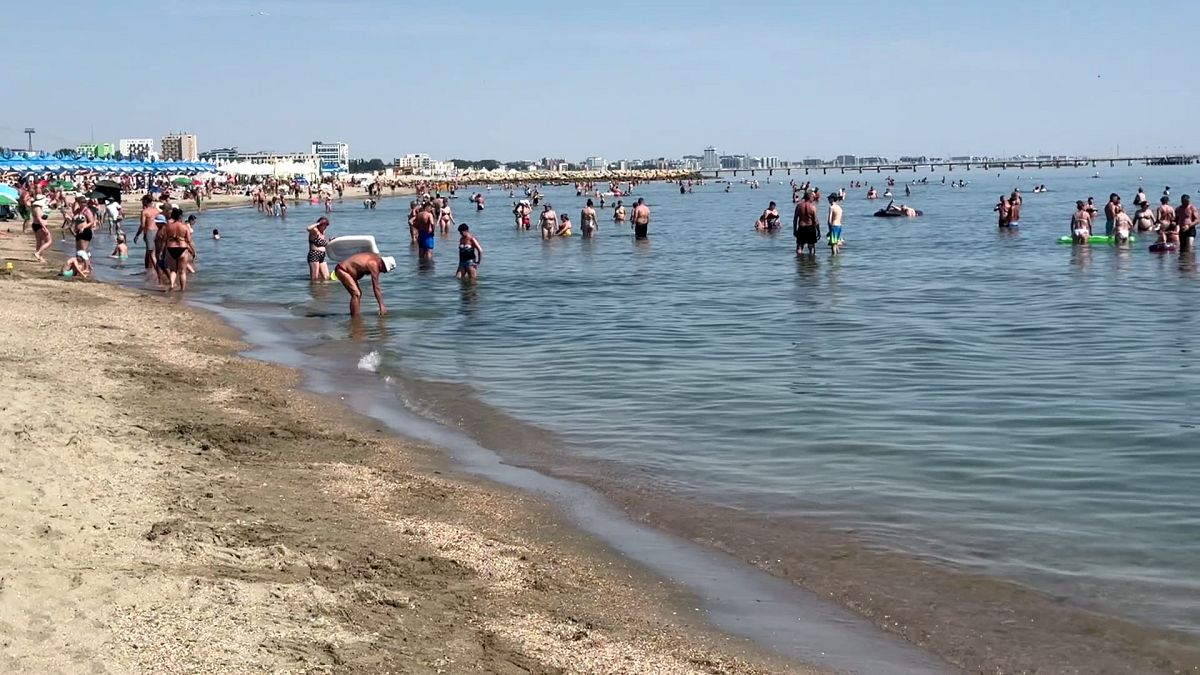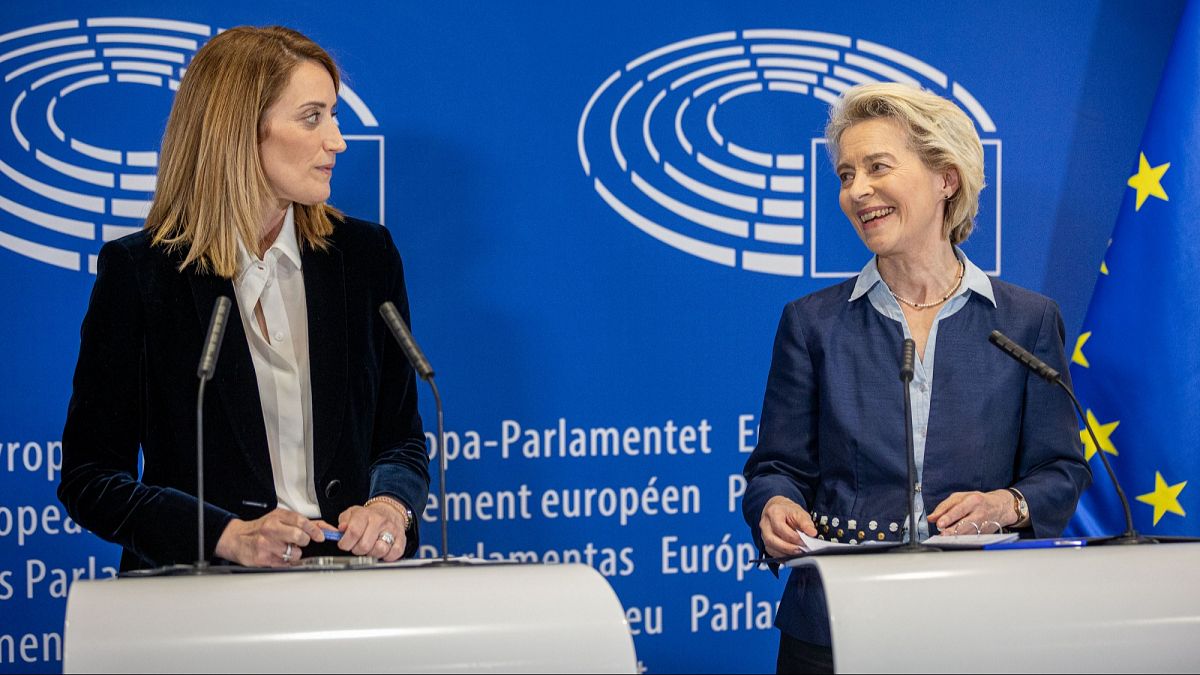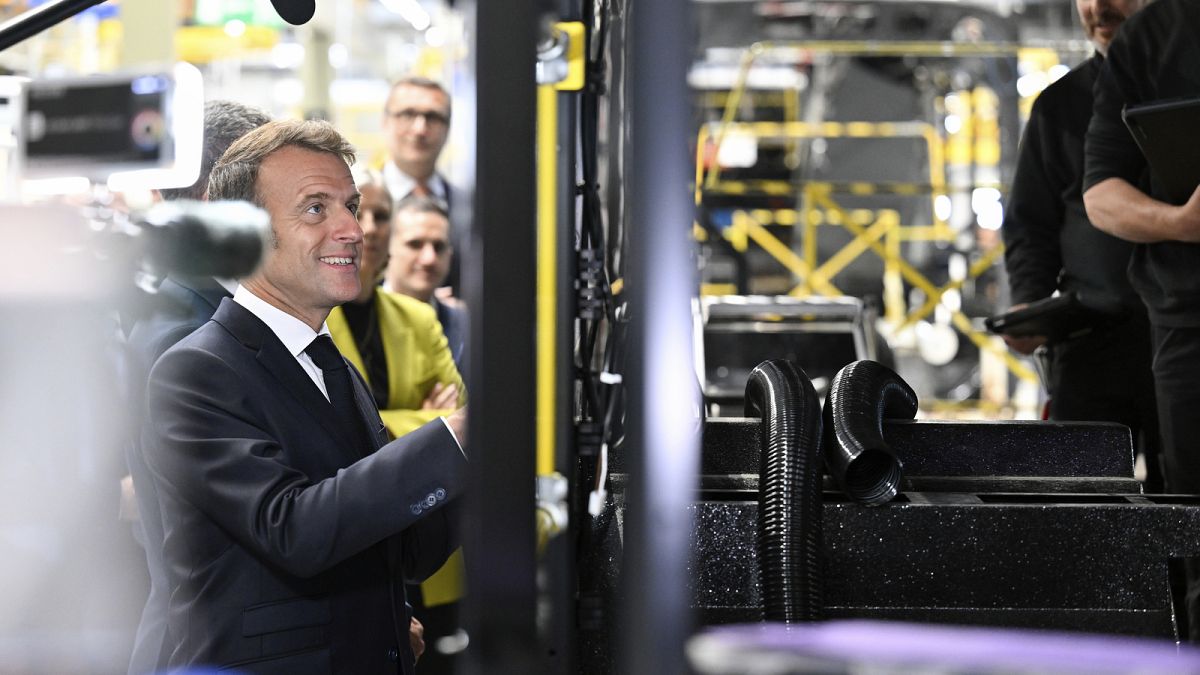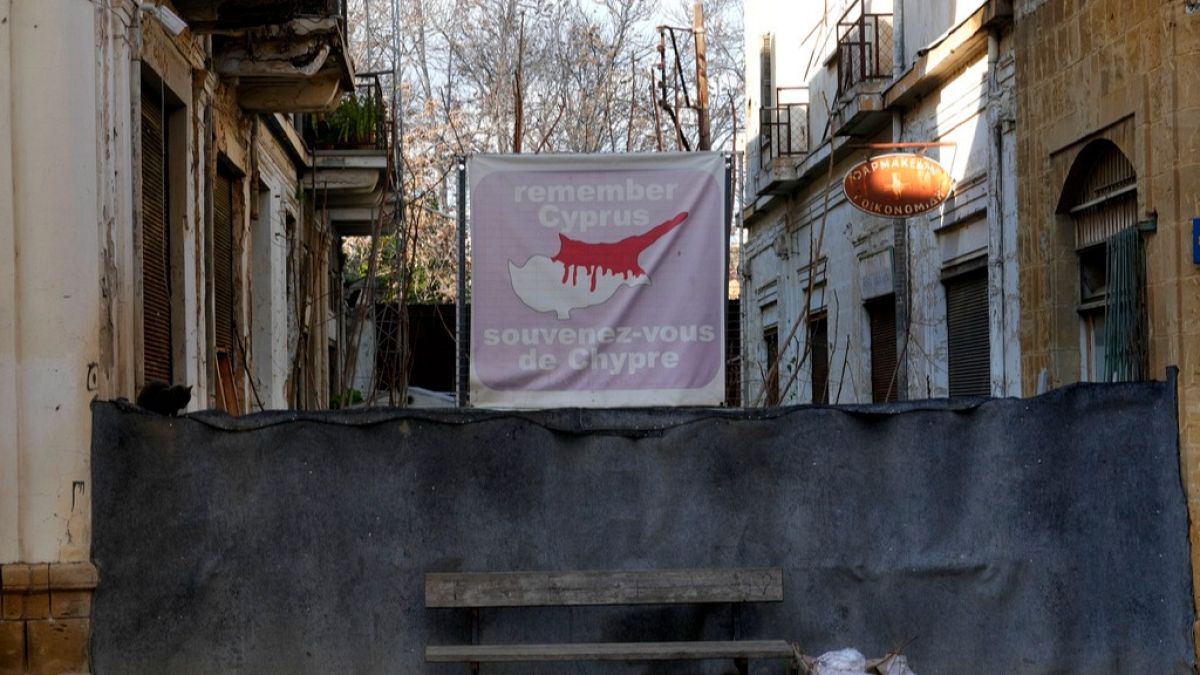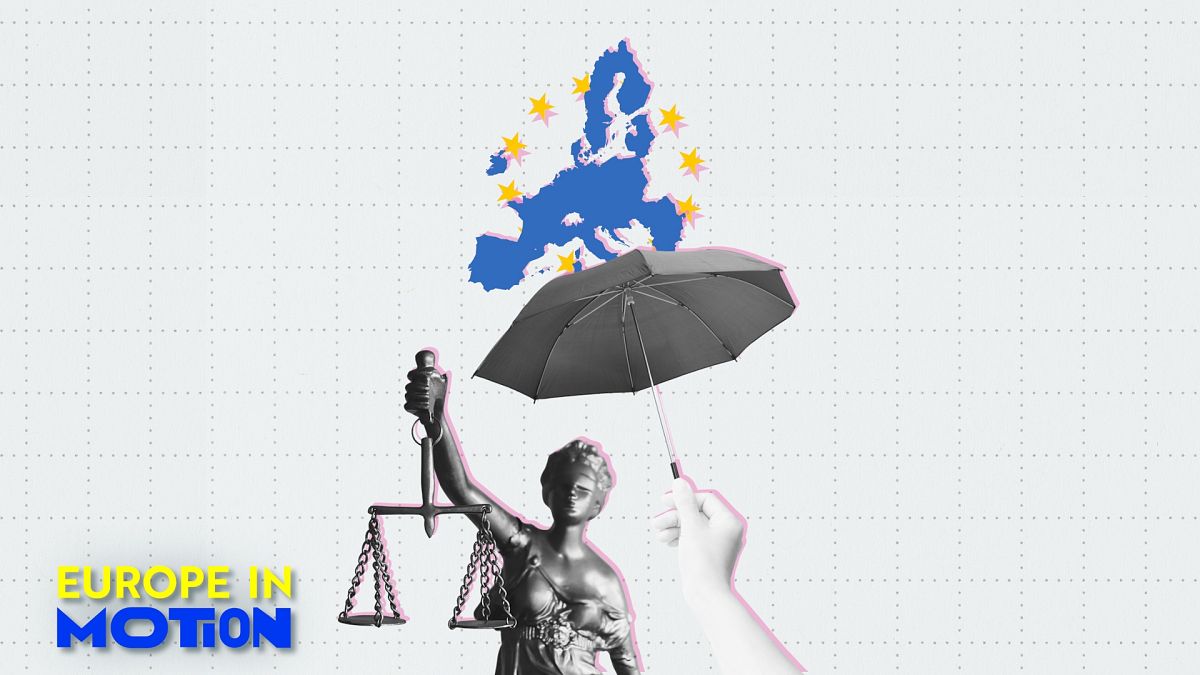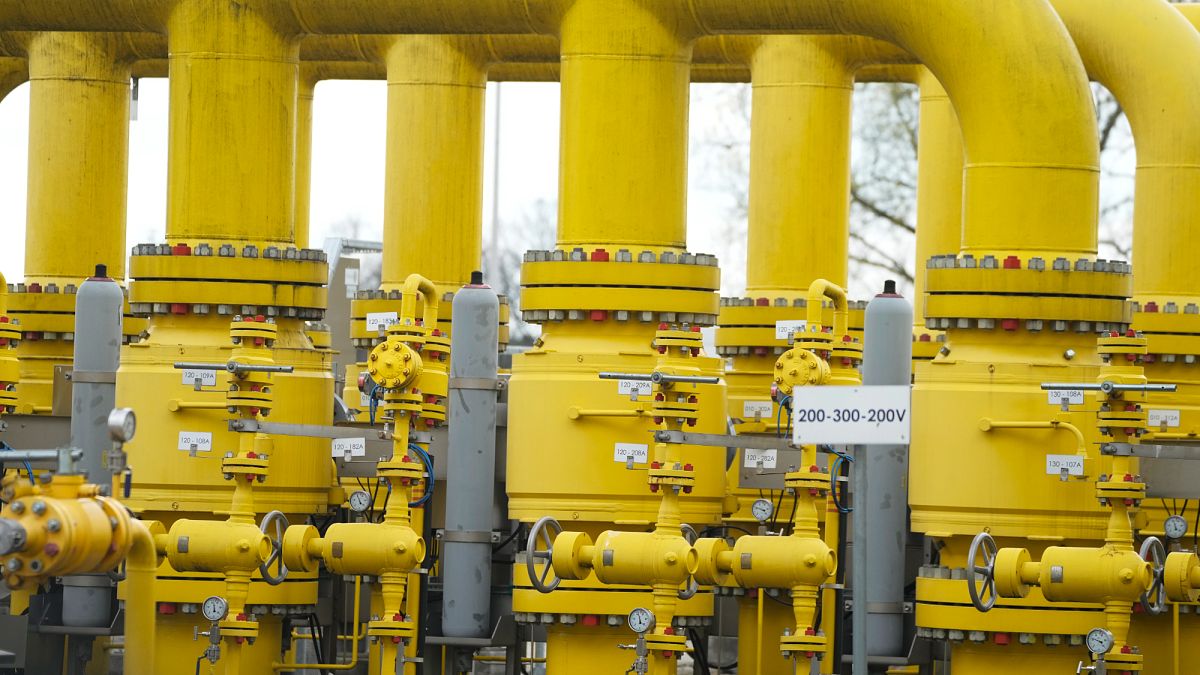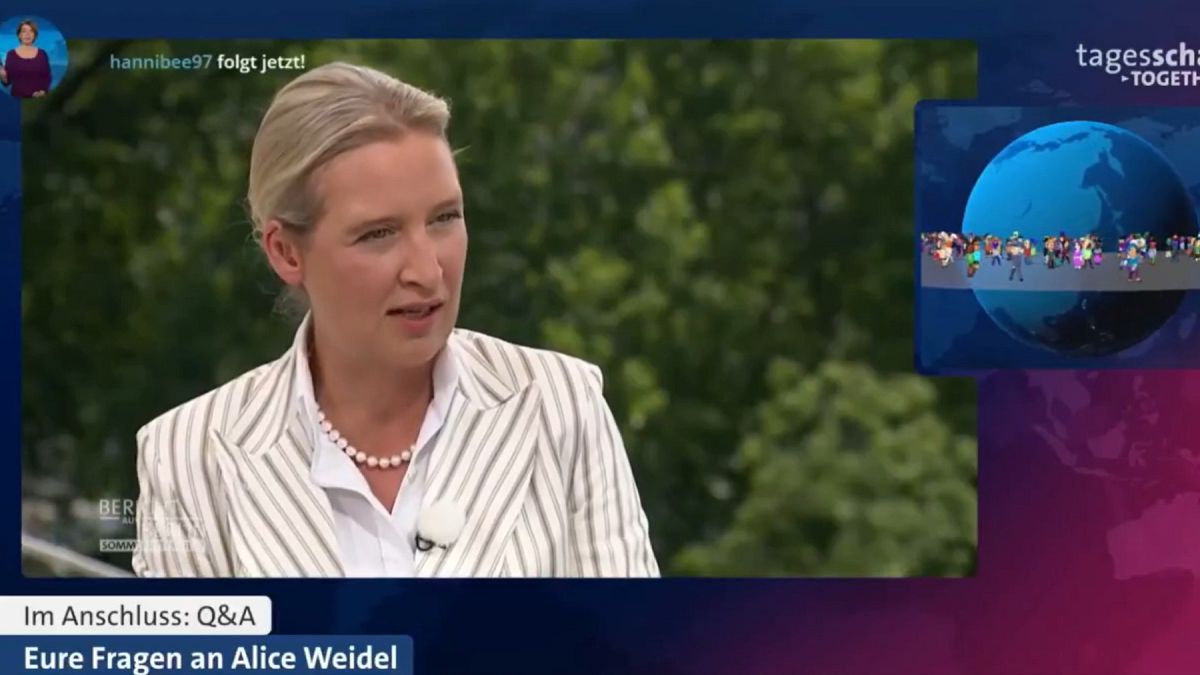Published on •Updated
The European Parliament’s legal affairs (JURI) committee on Tuesday recommended that the institution takes the Commission to court for bypassing MEPs to set up a €150 billion loan programme to boost defence spending across the bloc.
The motion was approved in a secret vote with 19 out of 23 votes in favour, a member of the committee confirmed to Euronews.
Roberta Metsola, the president of the European Parliament, now has to decide whether to follow JURI’s recommendation.
Euronews has contacted Metsola’s cabinet for comment.
Metsola had in early May warned her counterpart in the Commission, Ursula von der Leyen, that a lawsuit could be pending if the EU executive didn’t amend the legal basis it used to set up the SAFE programme
The Commission has invoked Article 122 of the Treaty on the Functioning of the European Union (TFEU) to set up SAFE which allows member states to directly approve a Commission proposal “if severe difficulties arise in the supply of certain products” or if a member state is “seriously threatened with severe difficulties caused by natural disasters or exceptional occurrences beyond its control”.
Despite the threat, the Commission stuck to its argument and member states approved the SAFE regulation later that same month.
A spokesperson for the Commission reiterated in a statement to Euronews that it stands firm in its belief that it has chosen the right legal basis because “Europe faces an unprecedented security threat”.
“The Commission will always be available to explain why Article 122 TFEU has been chosen as the appropriate legal basis,” Thomas Regnier added
Under the programme, the Commission will raise up to €150 billion on the market to then loan the money to member states for defence investments. It is a key plank of the Commission’s ‘Readiness 2030’ proposal that aims to see hundreds of billions of euros invested into defence across the EU before the end of the decade, when some intelligence agencies believe Russia could be in a position to attack a European country.
In her letter to von der Leyen, Metsola had stressed that “the European Parliament is not questioning the merits of this proposal for a regulation,” but is instead “deeply concerned” that its adoption without a proper legal basis would be “putting at risk democratic legitimacy by undermining Parliament’s legislative and scrutiny functions”.
Article 122 was previously used by the Commission to react swiftly to the COVID-19 pandemic and to speed up the permits for renewable energy during the height of the energy crisis.
To access SAFE, member states now have to work on and submit plans detailing their projects. To be successful, they need to submit projects involving at least two member states (or a qualifying third county), while a European preference whereby two-thirds of the value of the project must be manufactured in Europe also applies.
Funding for SAFE is expected to start in early 2026.
